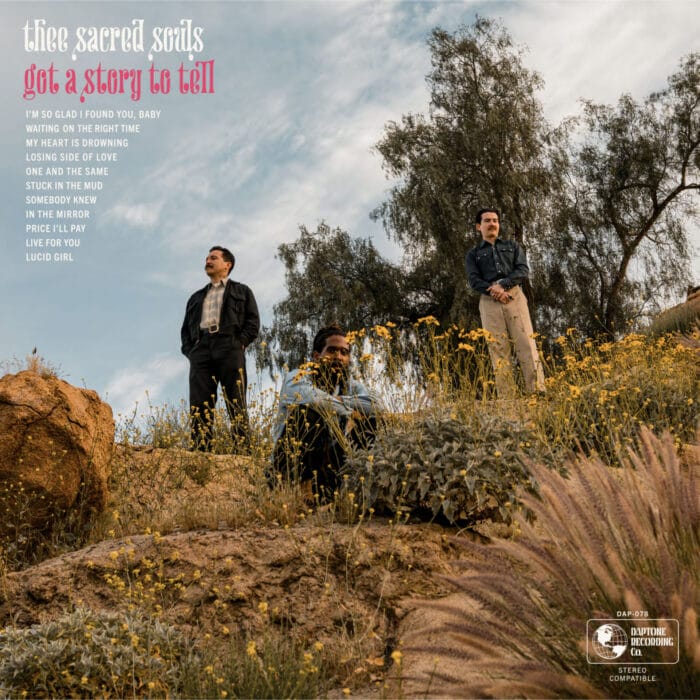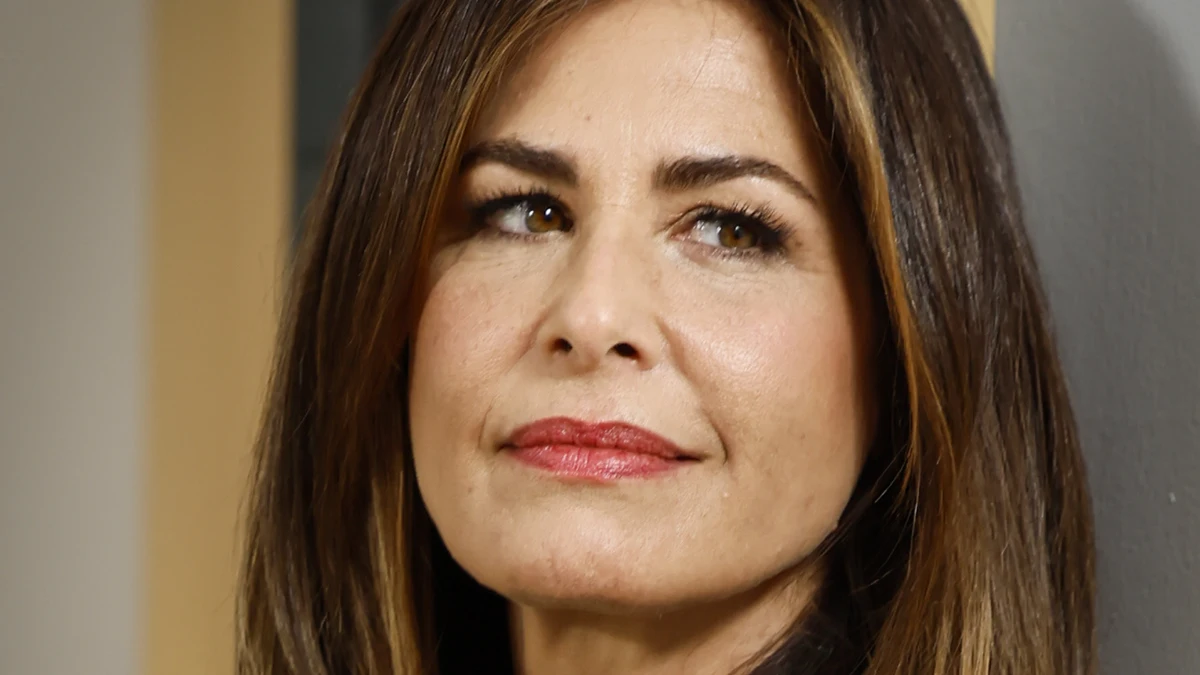Q. My adult daughters talk about self-care. As an 82-year-old wife, mother and grandmother, I have difficulty relating to this term. Can you talk a little about the subject? H.B.
According to the World Health Organization, self-care is “the ability of individuals, families and communities to promote health, prevent disease, maintain health and to cope with illness and disability with or without the support of a healthcare provider.” It’s about doing things that will maintain the health of our mind, body and spirit.
Many of us have been caring for someone else most of our lives. For those with children, it begins with caring for the young ones. Then perhaps an aging parent or grandchildren or an ill spouse or partner. Even if we thought about it, for many there was never enough time to take care of ourselves.
I recently discussed the topic with a group of working and mostly retired older career women. They are part of Renewment, an organization that supports and inspires career women through transition and change from work to retirement and beyond. (See Renewment.org).
I asked them what they did to care for themselves. Their replies varied from having a cocktail to swimming, connecting to friends, walking, baking, yoga, naps, art classes, aerobics and breathing exercises. This can include avoiding taking on new projects, retiring before the age of 70 and creating daily time for reflection and expressing gratitude. One woman noted that her family considered self-care as being selfish. That meant placing your needs ahead of others.
Caring for oneself is important at all life stages. Yet in later life, it may take on greater significance since it can slow down the natural aging process. In the following case, it was cognitive processes.
A study called “Practices of Self-Care in Healthy Old Age: A Field Study” focuses on those aged 60 and older. The results indicated that in comparison to other activities, those considered as self-development were associated with better attention and memory performance. Those activities were related to technology, reflection and engagement in new endeavors.
Consider some of the following tips and their benefits.
Spend time outdoors. Just 15 minutes of sunlight provides a daily dose of Vitamin D, lowers stress hormones, encourages physical activity, increases energy and fights depression. It also boosts memory and improves physical health. Note spending time outdoors is most often a beautiful experience.
Socialize. That’s with family, friends both old and new as well as casual acquaintances. In addition to enjoying the experience, we know that socializing decreases social isolation, is related to better cardiovascular and cognitive functioning and deeper sleep. Furthermore, it leads to fewer symptoms of anxiety and depression and a strong immunity.
Prioritize exercise. It’s a powerful way to slow aging and is a predictor of longevity. It has a positive impact on heart and circulation, bones and muscles and a positive effect on one’s nervous system. It improves quality of sleep, decreases memory lapses and risk of depression. Exercise also decreases risk factors for heart disease, stroke and cancer.
Stay hydrated. “Proper hydration may (also) slow down aging and prolong a disease-free life,” according to the National Heart, Lung, and Blood Institute News. Furthermore, a health study found “adults who stayed well hydrated appear to be healthier, develop fewer chronic conditions, such as heart and lung disease and live longer than those who may not get sufficient fluids.” There’s more. It has a positive impact on cognition, emotions, energy and is needed for proper digestion.
Here are a few additional tips. Environments count. In some communities, a healthy diet of fresh fruit and vegetables is not affordable; physical environments may not feel safe for outdoor activities. And for those with physical limitations, keeping social connections may be challenging.
Taking all this into consideration, take an opportunity for self-assessment and check that these elements are self-care are part of your lifestyle: Spending time outdoors, socializing, exercising, staying hydrated, eating a healthy diet, keeping a gratitude journal, practicing mindfulness, discovering new passions, exercising your brain and having a sense of purpose. Add your own.
Congratulations on all that you do. Self-care helps us be all we can be.
Thank you H.B. for your good question. I hope this helps define self-care and its value. Stay well and know that kindness is a lifestyle.
Helen Dennis is a nationally recognized leader on issues of aging and the new retirement with academic, corporate and nonprofit experience. Contact Helen with your questions and comments at Helendenn@gmail.com. Visit Helen at HelenMdennis.com and follow her on facebook.com/SuccessfulAgingCommunity
Related Articles
How does walking improve your health and longevity? Let’s find out.
What the longevity economy means and why it’s important
What are the important life lessons? Here’s what these successful folks said.
Successful Aging: How to make and keep friendships as we grow older
Successful Aging: What to consider if you’re contemplating a late in life move

























